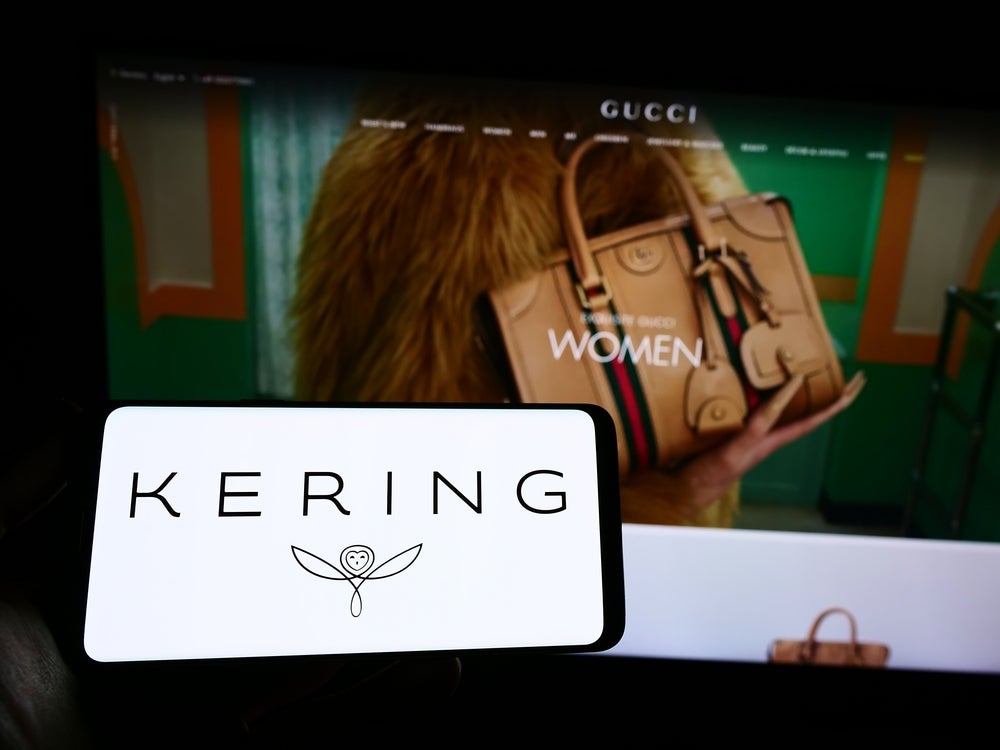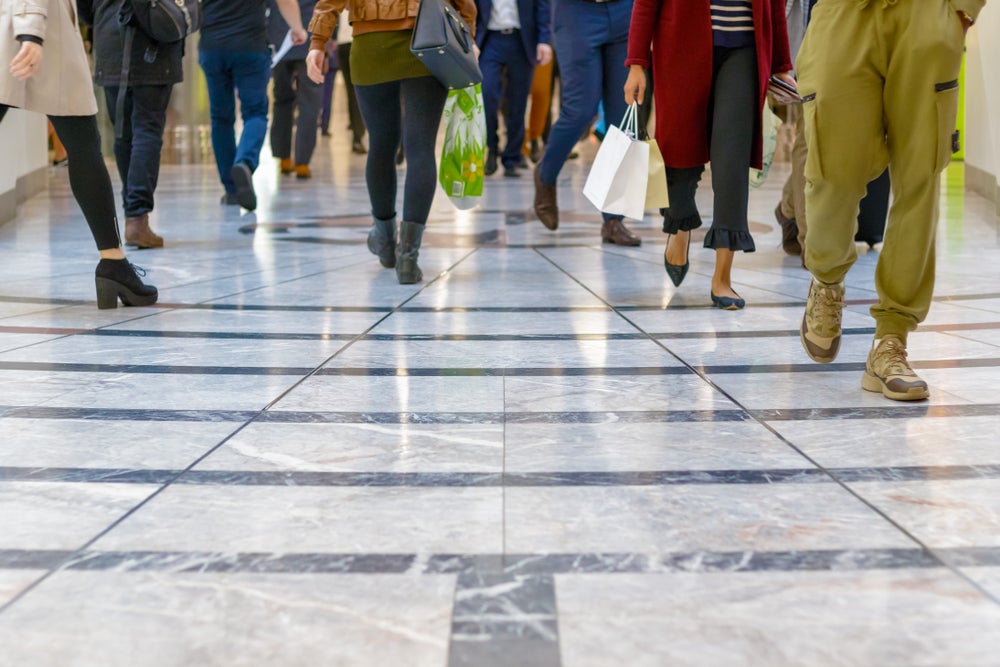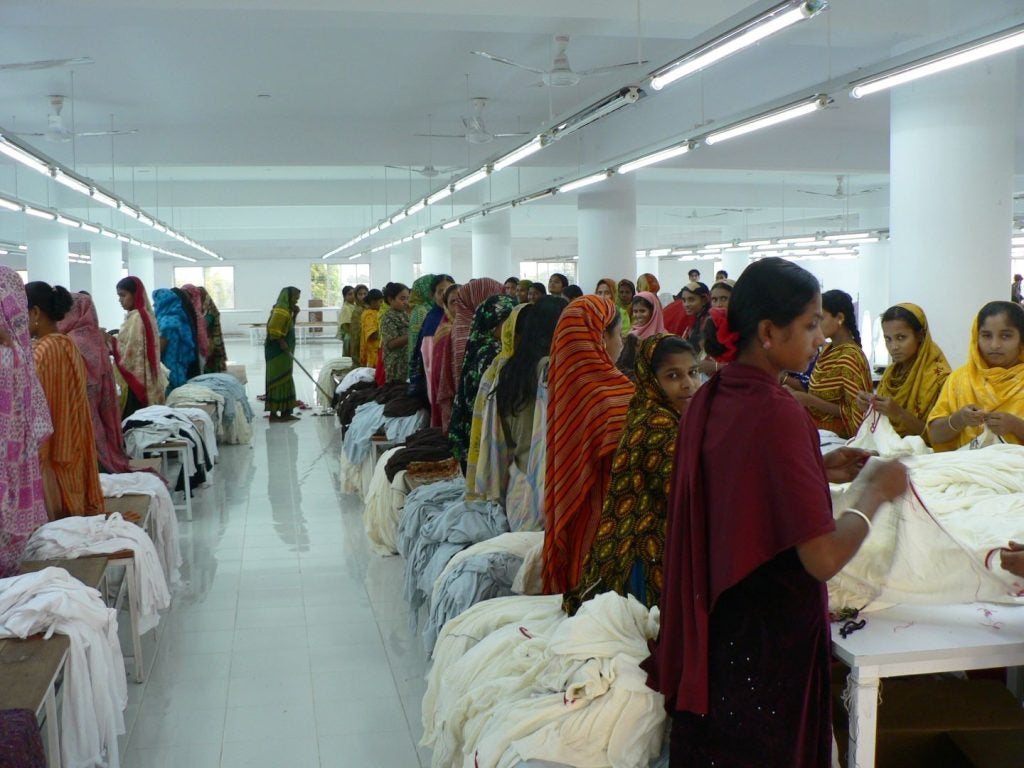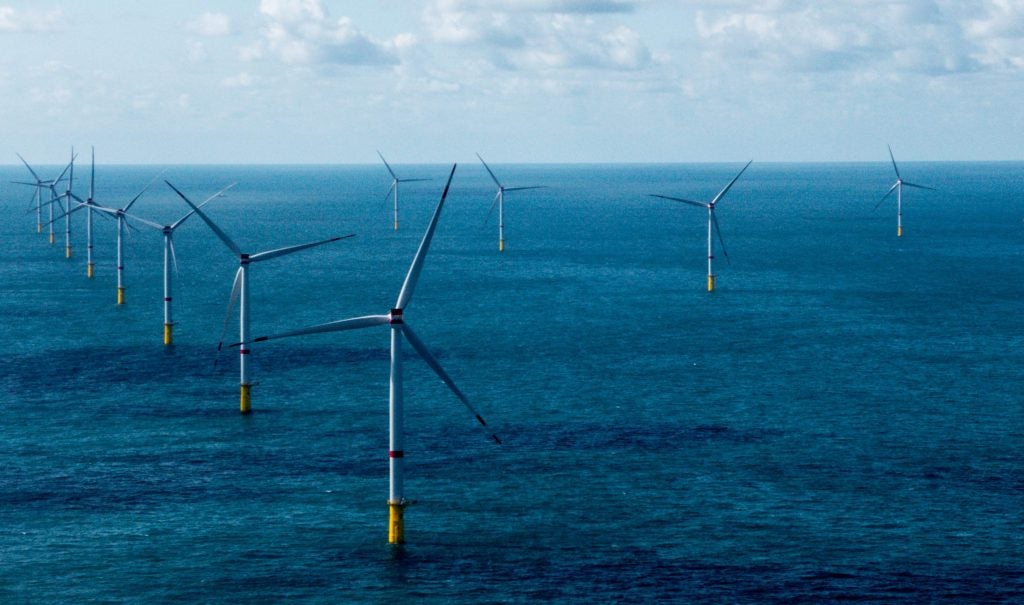The policy, called 'Kering Standards and Guidance for Sustainable Production', sets the framework for commitment and action for Kering and its brands and provides suppliers with guidance on how to measure progress and outcomes on traceability, social welfare, environmental protection, and animal welfare and chemical use.
It aims to support all suppliers who work with brands within the group and includes guidance on a range of issues such as code of ethics, human rights policy, and sticking to the manufacturing restricted substances list.
In particular, Kering mandates that its suppliers adhere to the precautionary principle, refraining from adopting manufacturing techniques until a scientific consensus deems them safe for both society and the environment. Additionally, suppliers must strictly follow all relevant national and international laws, conventions, and regulations.
To uphold its “high social standards” Kering has updated its social auditing scheme to be aligned with best practices from the SEDEX Members Ethical Trade Audit (SMETA) which is an audit procedure created by the SEDEX membership – a compilation of good practices in ethical audit technique.
All suppliers of Kering must agree to both announced and unannounced assessments and audits conducted by Kering and third-party representatives. Kering also expects all suppliers to make necessary improvements when its policies and standards are not met.
Additionally, suppliers are required to develop sustainable management, reporting, and tracking systems within the factory or site to ensure continued compliance. It is also mandatory to provide proof of correction to Kering for each non-compliance.
Kering believes transparency throughout the entire product supply chain is crucial and should be verifiable. Animal welfare standards must be upheld at all stages of handling, raising, transportation, and slaughtering of animals. The company also requires a circular approach, which means that single-use plastics should be stopped, and microfiber shedding should be minimised.
CEO and chairman of Kering, François-Henri Pinault said: “We are redesigning our business to continue to thrive and prosper sustainably into the future, while at the same time helping to transform the luxury sector and contributing to meet the significant social and environmental challenges of our generation.
"In addition to this selection of environmental and social targets, Kering is committed to developing new business models and integrating innovative approaches around sourcing raw materials, new technological solutions for materials and contributing to the creation of a robust ‘circular economy’."
Kering is determined to achieve its sustainability targets through its 'Crafting Tomorrow's Luxury' strategy which includes:
- 100% traceability of key raw materials and 100% compliance with Kering Standards
- Reduction of environmental profit and loss (EP&L) account impact by 40% including remaining carbon emissions as well as water use, water and air pollution, waste production and land use changes
- Creation of a Kering Supplier Index of Sustainability which will ensure each supplier’s sustainability performance will be visible to all Kering brands
- Contribution to a positive social impact across the entire supply chain, with a focus on raw material sourcing locations















